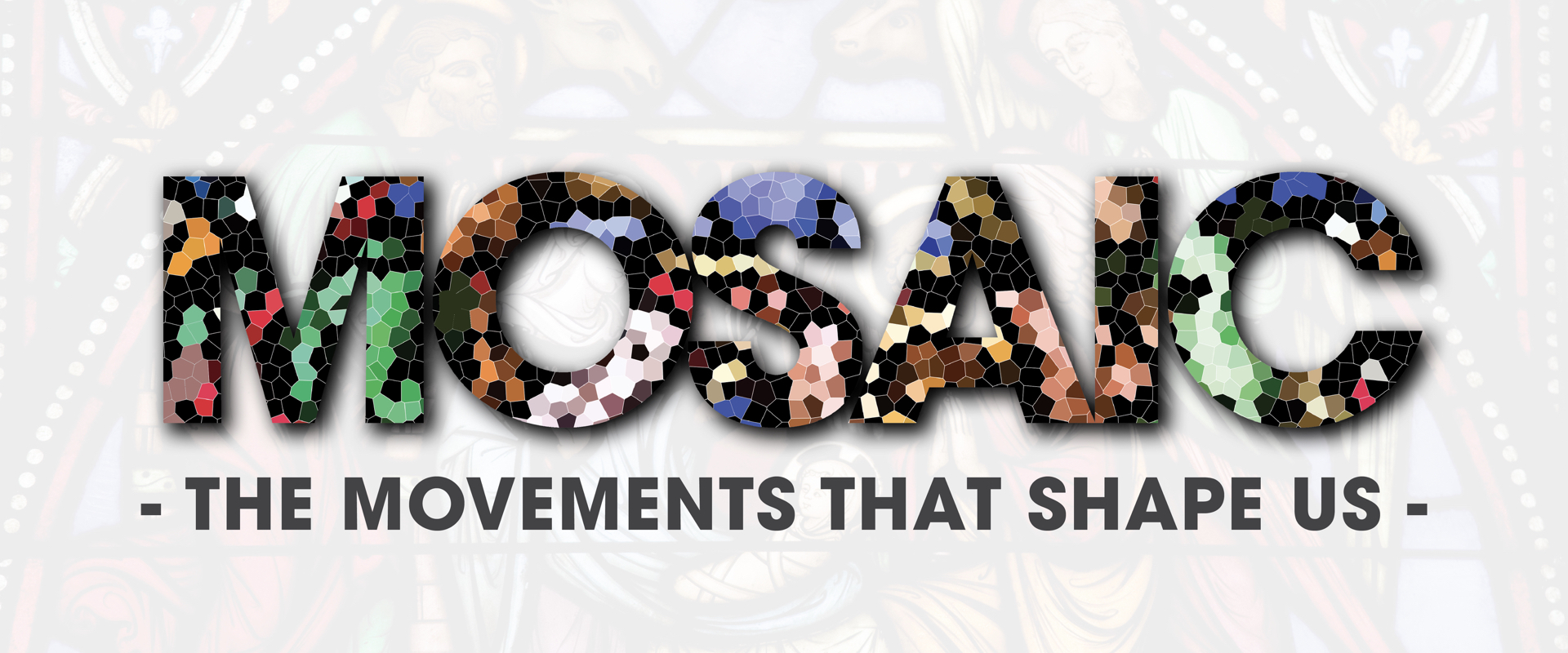Contemplative – Holiness – Charismatic – Social Justice – Evangelical – Incarnational
Recently, I’ve been thinking about the ways we can learn from different Christian traditions. (I’m a pastor, so that kind of goes with the job.) But still, I’m convinced there’s a way to learn from those that have come before us without getting bogged down in denominational differences or too much church history. Richard Foster does a fantastic job in Streams of Living Water laying out six traditions that have each played a major role in the Christian faith past and present. I highly recommend the book. (For those who are so inclined, click here for the Amazon link.)
Last week, I began by looking at the contemplative tradition, a way in which prayer and communion with God become central to our daily lives. This week, I turn our attention to the holiness tradition.
Holiness, as Jesus defined it, focuses not on external behaviors but on the inward re-formation of the heart. Jesus operated with the assumption that we’re all actually being quietly shaped and formed all of the time by the world around us, by our circumstances, and by the one thing we have control over – our choices. Jesus believed that spiritual formation is absolutely unavoidable. It’s already happening whether or not you realize it! There is no “opt out” of this; there’s no scenario where you’re not being formed for better or worse.
And so, for Jesus, the central question is, Who or What or In Whose Image are you being shaped into? For Jesus, all transformation, all character development, all holiness and virtue begin in the heart and nowhere else.
The Holiness Tradition flows directly from showing us Jesus’ plan for developing his character. So that, AND THIS IS BIG, we’re formed (or more accurately re-formed) into people who do not just believe in Jesus, do not just spend time with Jesus, but who are learning to be like Jesus.
The Major Strengths of the Holiness Tradition
- Reminds us that the ultimate goal is to be transformed into the character and likeness of Jesus
God doesn’t wait until our deaths to initiate this process of transformation. The point isn’t just to get into Heaven. God desires to recreate in us the character of Jesus – now – so that we can love God and love other people like Jesus did. - Focuses on the heart as the source of action
Jesus’ simple (yet profound) argument is that we cannot separate our inner and outer lives. We can’t just manage the outside, our behavior, to mask what’s happening on the inside. When the heart is purified by the Spirit, then the most natural thing in the world becomes good and virtuous action. - Gives us hope for genuine progress
This is breath of fresh air for those of us who’ve tried and tried and given up on any movement forward in the spiritual life. The salvation that is in Jesus isn’t limited to the forgiveness of sins. He also wants to give us power over sin. He wants us to experience freedom.
So What I Do I Do With This?
Good question! I have a few thoughts.
- Remember the principle of indirection.
Rather than tackle issues head on, practice an activity of body, mind, or spirit. That IN TIME will build spiritual resources within. For example, if you’re struggling with pride, practice service. If you’re struggling with compulsions of some sort, practice fasting. If you need hope, practice prayer and meditation which will bring you closer to reality as God sees it. - Invite others to travel the journey with you.
This is straightforward. You simply cannot do this without mentors, friends, and encouragers. - When you stumble, get up and start again.
Stumbling is part of growing. Our mistakes and failures teach us that the right way is the good way. Be stubborn. Be tenacious.
God be with us all!

